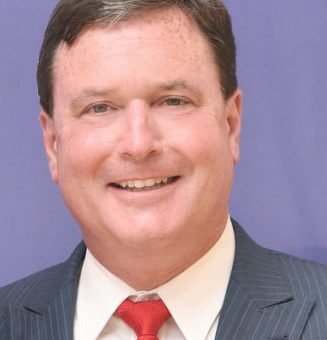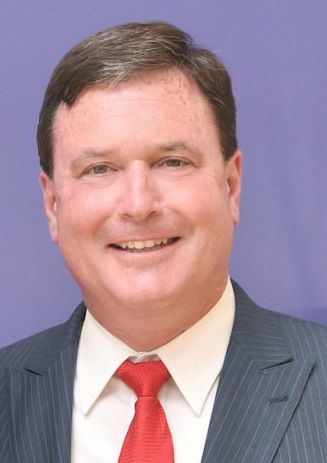
INDIANA – Attorney General Todd Rokita is asking the U.S. Supreme Court to protect the constitutional liberties of Americans who have suffered persecution by the Chinese Communist Party (CCP).

“To safeguard religious liberty for all Americans, we must stand up to defend it anytime it comes under threat,” Attorney General Rokita said. “The Constitution protects not just the rights of the majority. Rather, it applies to all citizens equally.”
At issue before the court is whether sidewalk booths used by certain religious groups to proselytize their beliefs fall within the definition of places of worship under a federal statute.
Even in America, CCP-connected groups work to disrupt and hinder religious gatherings and outreach activities — such as committing and/or threatening acts of violence against individuals praying and proselytizing on American sidewalks.
“Recognizing the booths as places of worship,” Attorney General Rokita said, “is consistent with America’s history of protecting all manner of religious beliefs and practice.”
Even before taking office in January 2021, Attorney General Rokita promised he would hold China accountable for its many abuses, including stealing U.S. intellectual property, committing human rights violations, and unleashing a deadly virus on the world. He has steadfastly kept that promise.
The Chinese Communist Party enforces state atheism in its own nation — punishing Christians, Uyghur Muslims, and other individuals who engage in religious practices through “reeducation” camps, involuntary servitude, and physical torture.
“The Chinese Communist Party remains a force for evil in the world,” Attorney General Rokita said, “and it brings its insidious ideologies and tactics right here to our own shores. As Indiana’s attorney general, I’ll keep doing everything in my power to protect Hoosiers from the CCP’s schemes.”
In August 2021, Attorney General Rokita launched an investigation into Valparaiso University’s affiliation with the CCP through its Confucius Institute, a CCP propaganda operation. Weeks later, the university announced it was terminating its relationship with the institute.
Attached is the multistate amicus brief filed with the U.S. Supreme Court.



